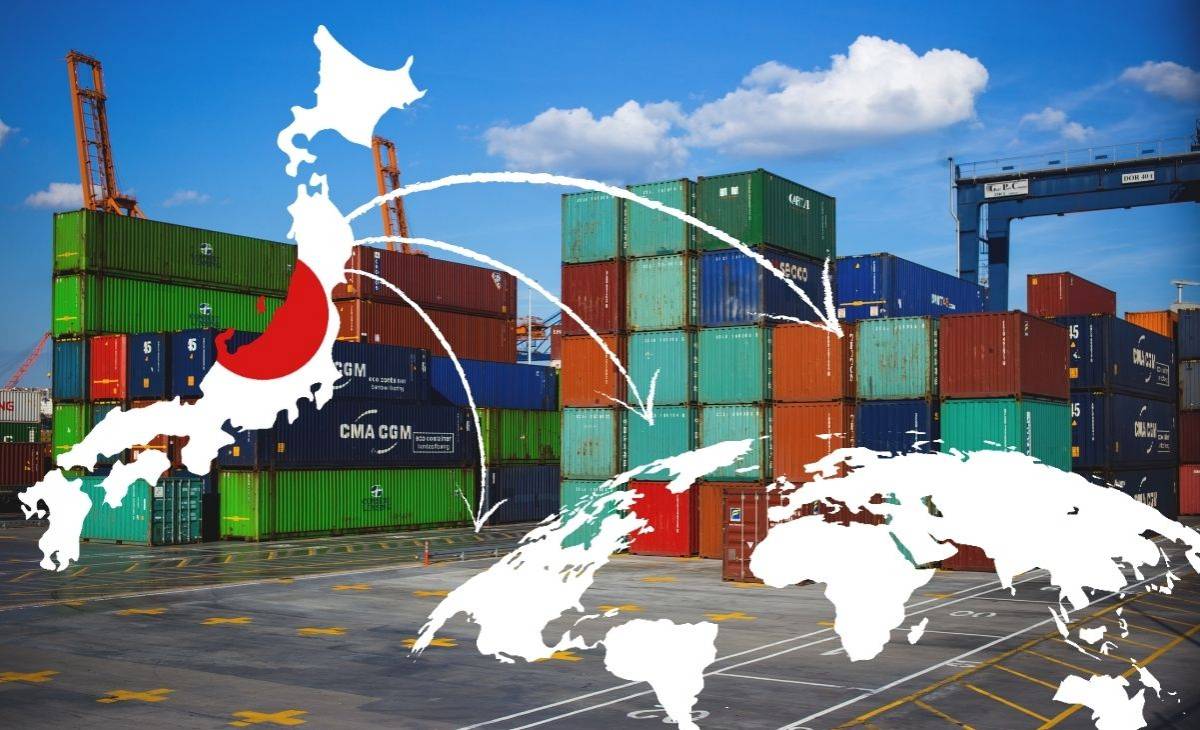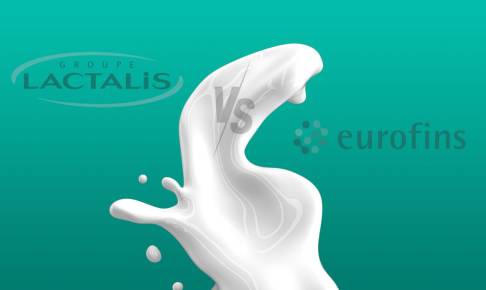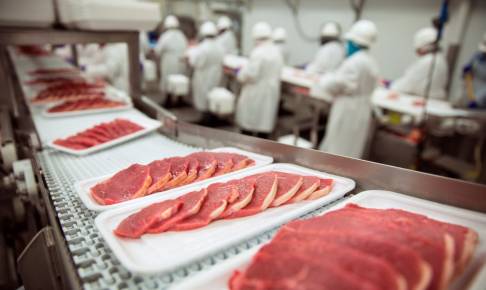Some bans on food products from Fukushima Daiichi remain 10 years after nuclear disaster
After the 2011 Fukushima Daiichi nuclear plant disaster, 54 different countries around the globe implemented restriction measures to control Japanese food products that were made in prefectures near Fukushima. After a decade, only 15 of them still have import restrictions on Japanese food. In particular, 10 of them (US, EU, Iceland, Switzerland, Norway, Liechtenstein, Russia, Indonesia, Singapore, and French Polynesia) have strict conditions on food goods imported from prefectures of Fukushima, Gunma, Ibaraki, Tochigi, and Chiba. The other 5 countries (China, Macau, Hong Kong, Taiwan, and South Korea) are still keeping strict bans on Japanese goods. The Ministry of Foreign Affair of Japan (MOFA) is very satisfied by the results obtained with other 39 countries, among which Lebanon and the United Arab Emirates that abolished restriction in December 2020 and Israel in January 2021. MOFA claimed that countries that still have bans on Japanese imported food are driven by political reasons instead of scientific concerns. For example, in Taiwan, the political party Kuomintang submitted a referendum on the abolition of the “nuclear food” ban in 2018, which resulted in 60% of votes against the removal of these restrictions. Despite this ban is a great risk to Taiwan’s bilateral trade ties with Japan, it’s unlikely that it will be removed without political assent. MOFA finds this position as unjustifiable discrimination of Japanese products. “Japan’s food goes through strict food monitoring, and utilizes very strict reference tests so as to be internationally comparable, and a system is set up to prevent any foods with values above reference values to enter the market” stated the ministry.






















